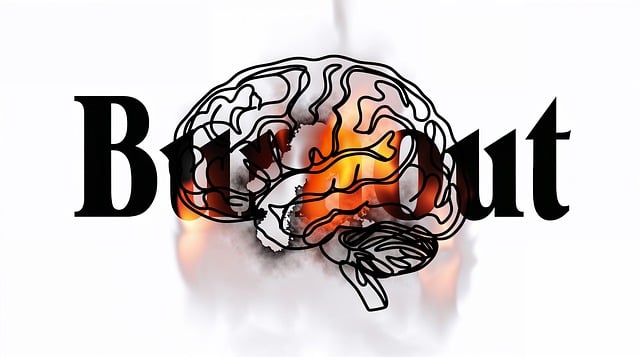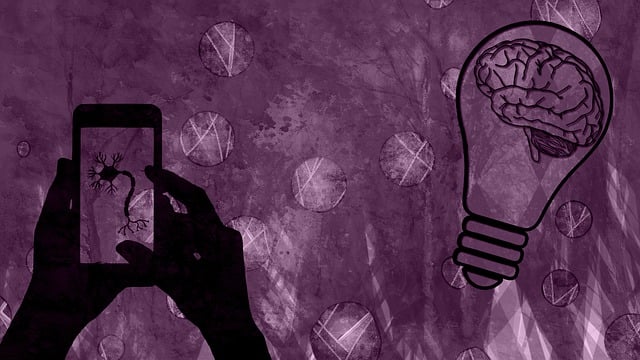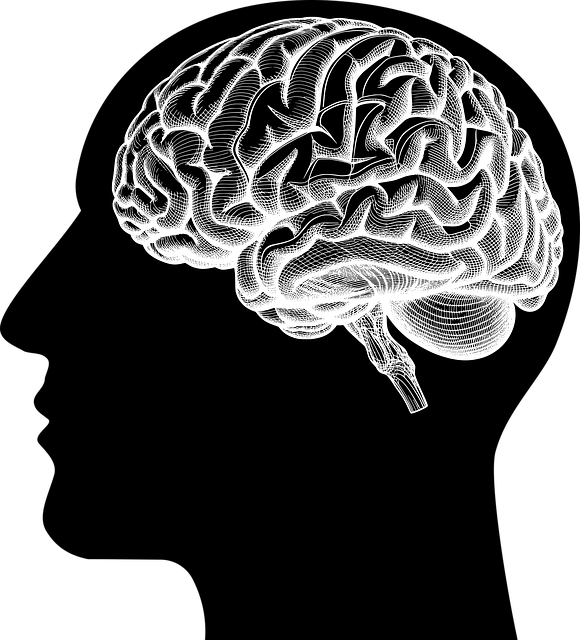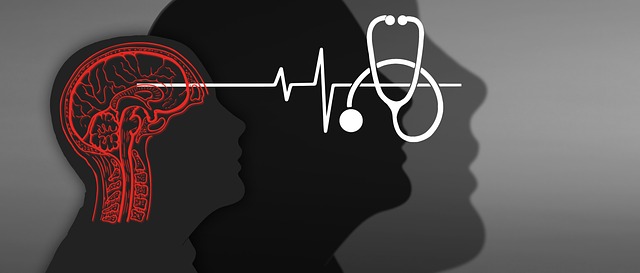Diagnosing mental illnesses accurately in German-speaking adults poses challenges due to subjective symptoms, cultural barriers, and language differences. Specialized training and cultural sensitivity are crucial for effective communication and assessment. The Mental Wellness Podcast Series Production highlights diverse therapeutic approaches, mental health awareness, and burnout prevention strategies to enhance diagnostic accuracy across linguistic and cultural contexts. Skilled therapists use structured evaluations, supportive environments, evidence-based techniques from podcasts, crisis intervention, and trauma support to foster open expression, build trust, and provide tailored treatment plans for improved mental wellness outcomes. Incorporating technology and advanced assessment tools, coupled with specialized Mental Health Education Programs, further transform traditional practices in therapy for adults speaking German.
Mental illness diagnosis accuracy is paramount for effective treatment. This article delves into the intricacies of enhancing diagnostic reliability, focusing on the challenges faced in the German-speaking adult therapy landscape. We explore traditional and innovative approaches, including the role of therapy, cultural considerations, and best practices. By understanding the nuances of mental health diagnosis, we aim to improve outcomes for individuals seeking support in this critical area, with a specific focus on German-speaking adults.
- Understanding the Challenges of Mental Illness Diagnosis
- The Role of Therapy in Enhancing Diagnostic Accuracy
- German-Speaking Adult Therapy: Cultural Considerations and Best Practices
- Innovative Approaches to Improve Diagnostic Reliability
Understanding the Challenges of Mental Illness Diagnosis

Diagnosing mental illnesses accurately is a complex task, often hindered by several factors. The subjective nature of many symptoms means that healthcare providers must rely heavily on patient self-reporting and observation, which can be challenging in itself. Many individuals struggle to articulate their feelings or may present with non-specific symptoms, making it difficult for therapists to pinpoint the root cause of distress.
Additionally, cultural barriers and language differences can further complicate diagnosis. For example, providing therapy for adults who speak German as a first language requires specialized training and an understanding of cultural nuances to ensure effective communication and accurate assessment. The Mental Wellness Podcast Series Production highlights this need for diverse therapeutic approaches, emphasizing the importance of considering mental health awareness and burnout prevention strategies among healthcare providers to improve diagnostic accuracy across various linguistic and cultural backgrounds.
The Role of Therapy in Enhancing Diagnostic Accuracy

Therapy plays a pivotal role in enhancing the accuracy of mental illness diagnoses, especially for adults speaking German. The process involves careful evaluation and supportive environments that facilitate open communication. Skilled therapists employ evidence-based techniques tailored to individual needs, enabling clients to express their experiences and symptoms candidly. This collaborative approach not only improves diagnostic clarity but also fosters trust between the therapist and client.
By integrating elements from the Mental Wellness Podcast Series Production, crisis intervention guidance, and trauma support services, therapy sessions become dynamic tools for accurate diagnosis. These integrated approaches help therapists navigate complex cases, consider multiple perspectives, and make informed decisions. Such comprehensive care ensures that adults speaking German receive precise diagnoses and tailored treatment plans, ultimately contributing to improved mental wellness outcomes.
German-Speaking Adult Therapy: Cultural Considerations and Best Practices

German-speaking adults seeking therapy often face unique challenges due to cultural nuances and language barriers. Effective mental health treatment requires a deep understanding of these cultural considerations to ensure accurate diagnoses and successful therapeutic outcomes. When providing therapy for adults who primarily speak German, therapists must be aware of the distinct emotional expression and communication styles prevalent in this linguistic community.
One key aspect is recognizing that Germans often prefer directness and assertiveness in discussions about personal matters. They value honesty and may exhibit a more analytical approach to problem-solving. Therapists should adapt their techniques to accommodate these cultural traits, fostering an environment of open dialogue and mutual respect. Additionally, incorporating strategies for stress management and confidence boosting can be highly beneficial, as many German-speaking individuals seek not only to address specific mental health concerns but also to enhance their overall emotional healing processes.
Innovative Approaches to Improve Diagnostic Reliability

In the pursuit of enhancing mental illness diagnosis accuracy, innovative approaches are transforming traditional practices. One such method is integrating technology, such as advanced assessment tools and digital platforms, to support mental health professionals. These tools utilize artificial intelligence algorithms to analyze patient data, including symptoms, medical history, and even language patterns, thereby providing more objective and consistent diagnostic criteria. For German-speaking adults seeking therapy, these technological advancements offer a promising avenue for improved diagnosis.
Additionally, the design of Mental Health Education Programs plays a pivotal role in fostering accurate diagnoses. Equipping mental health professionals with specialized training in crisis intervention guidance and inner strength development enables them to recognize nuanced symptoms and make more reliable assessments. These programs, often tailored to cultural contexts, ensure that German-speaking therapists are well-prepared to handle diverse mental health concerns effectively, ultimately enhancing the overall diagnostic reliability within their communities.
Mental illness diagnosis accuracy has long presented significant challenges, but through a multifaceted approach, we can enhance reliability. By understanding the unique difficulties faced in diagnosis and incorporating cultural considerations, such as those relevant to German-speaking adults, we can significantly improve outcomes. Integrating innovative techniques and best practices, including therapy tailored for adults speaking German, ensures more precise identification of mental health conditions. This comprehensive strategy not only benefits individuals but also fosters a more effective healthcare system that better serves diverse populations.














